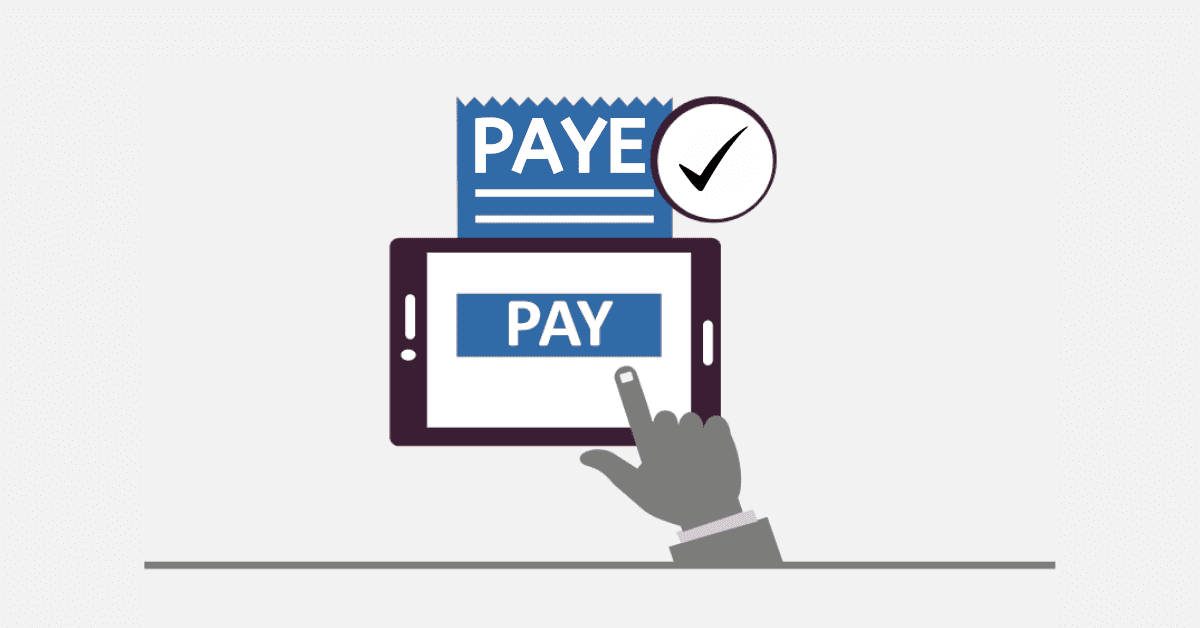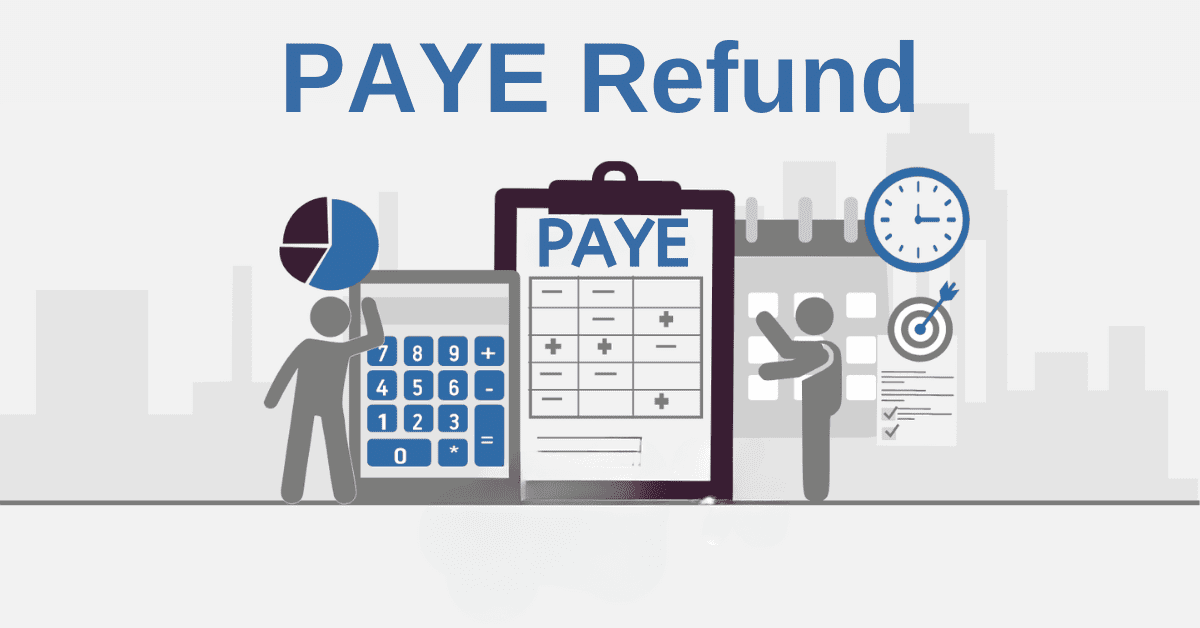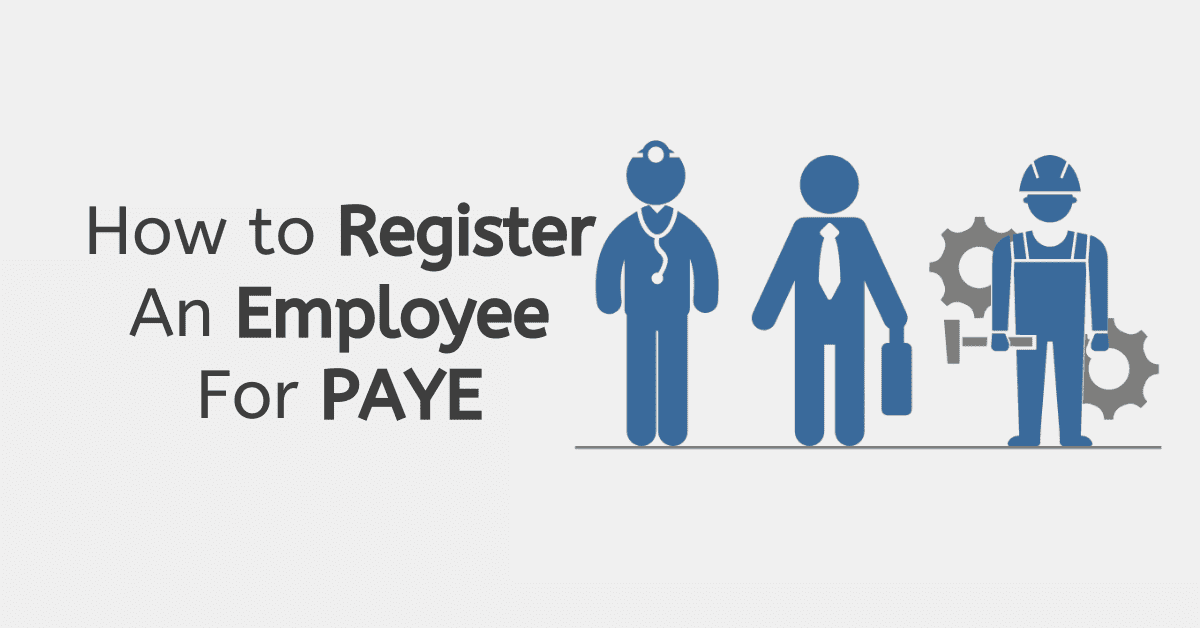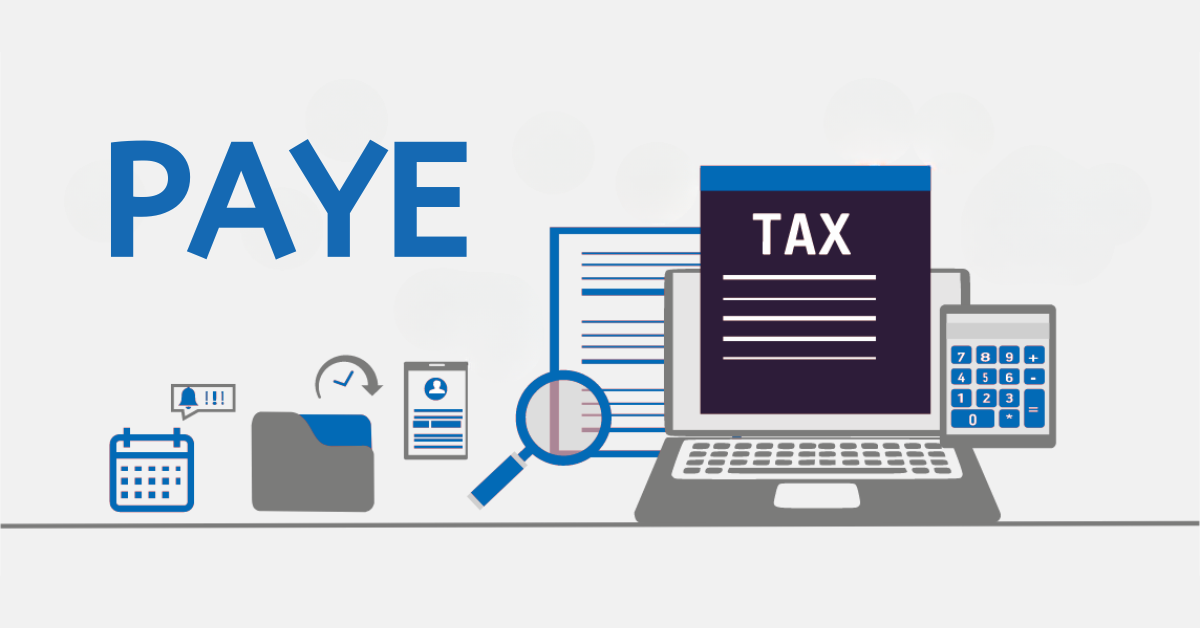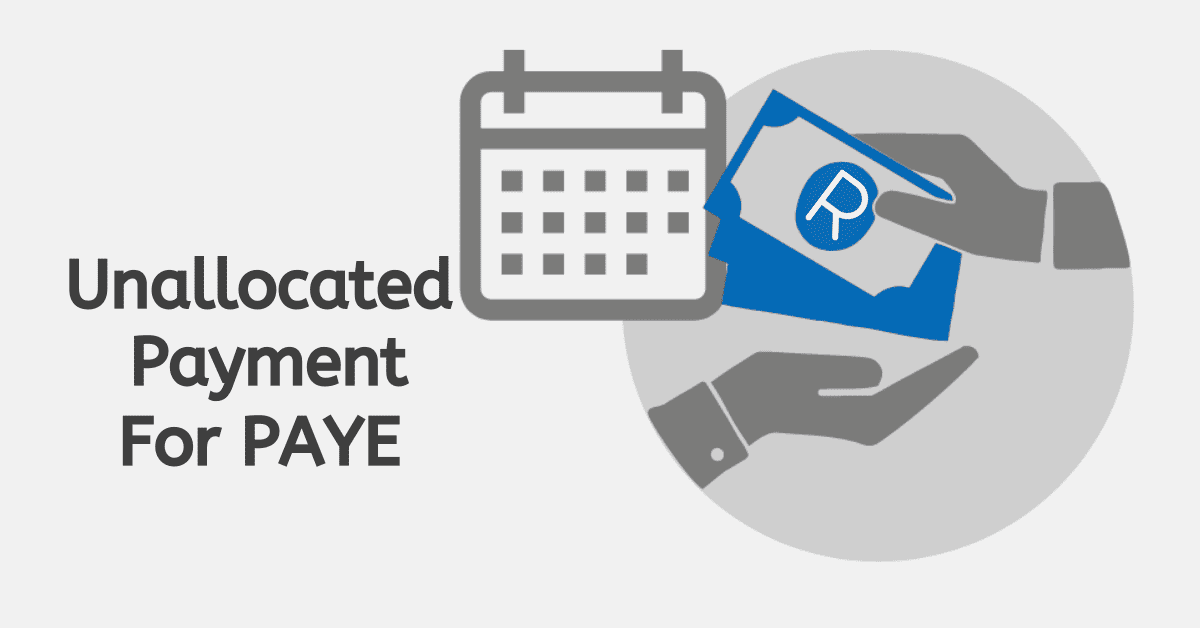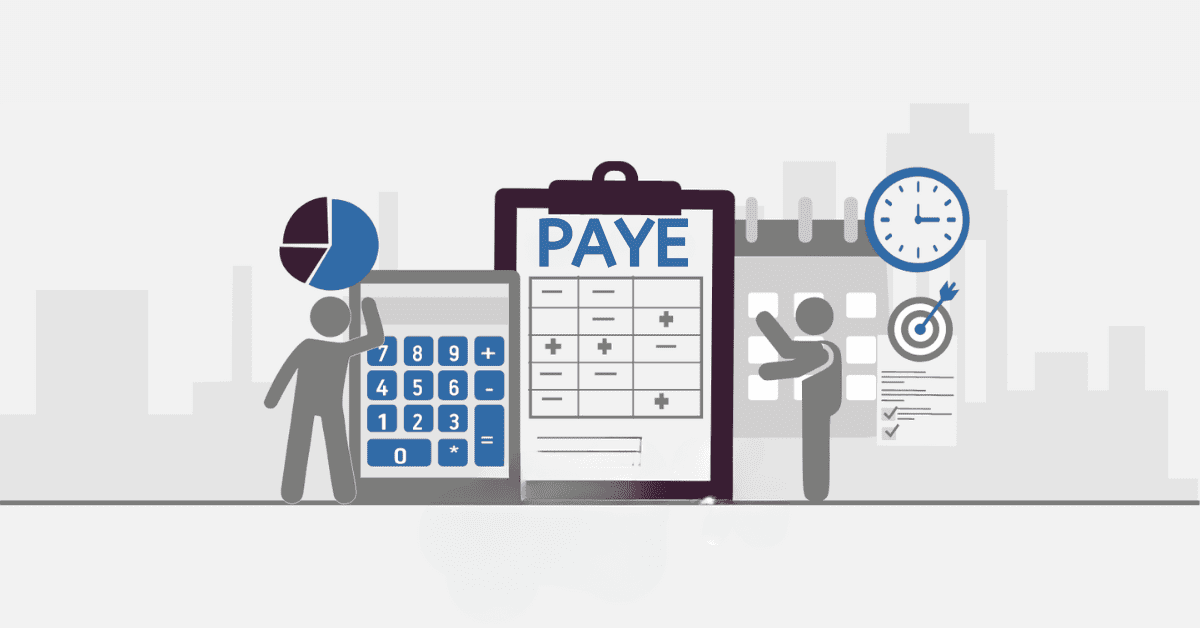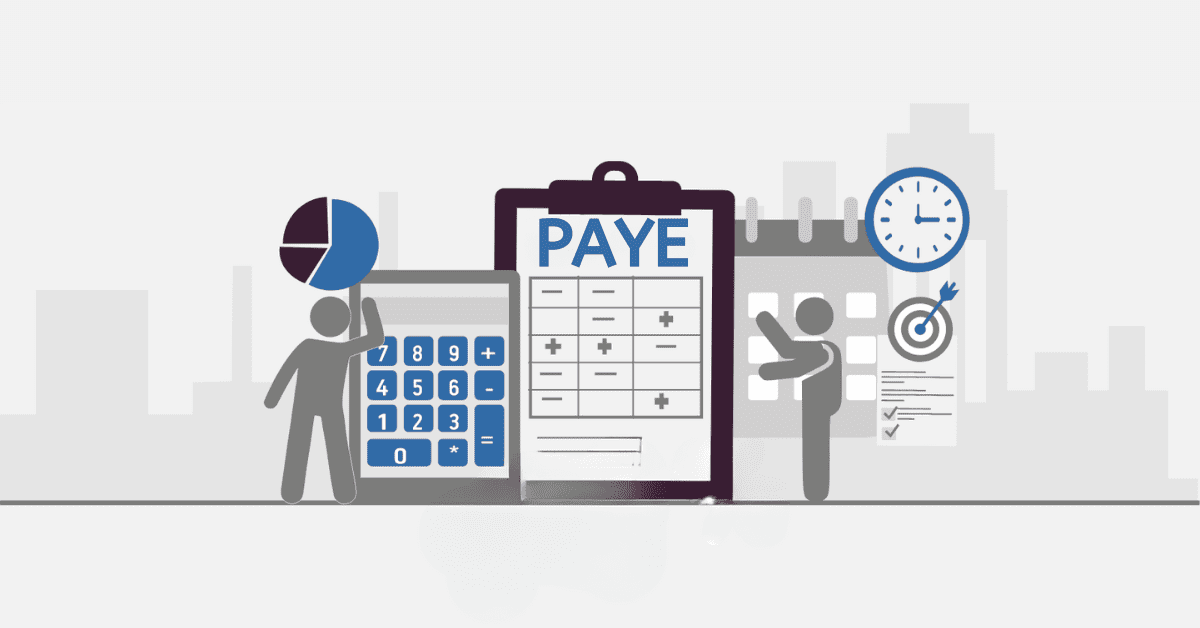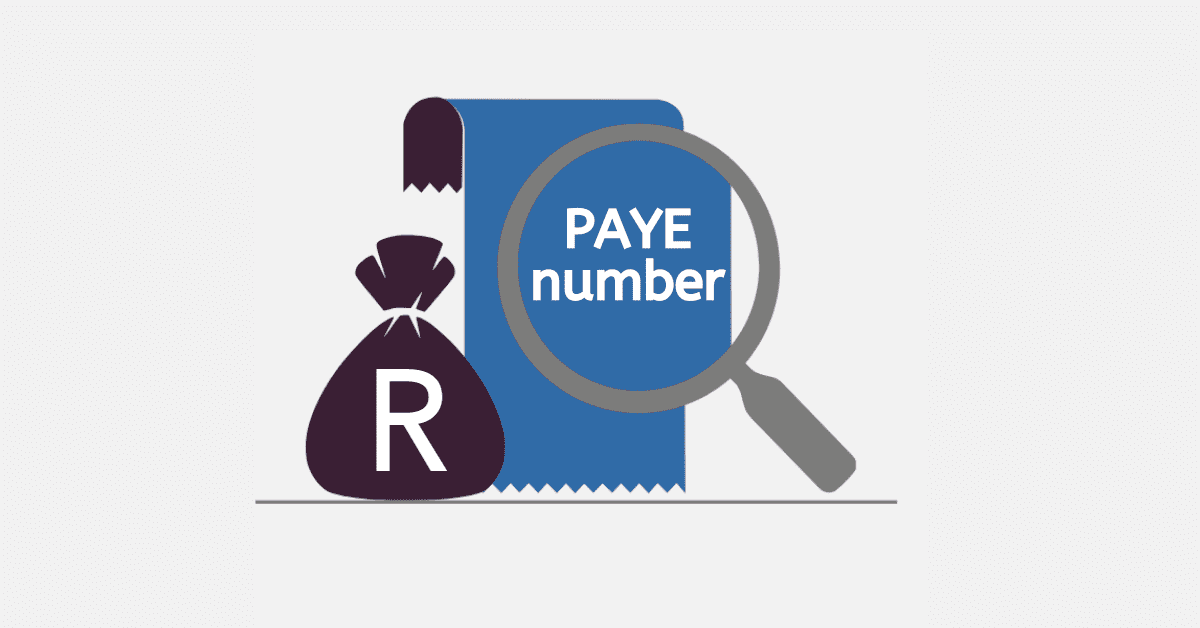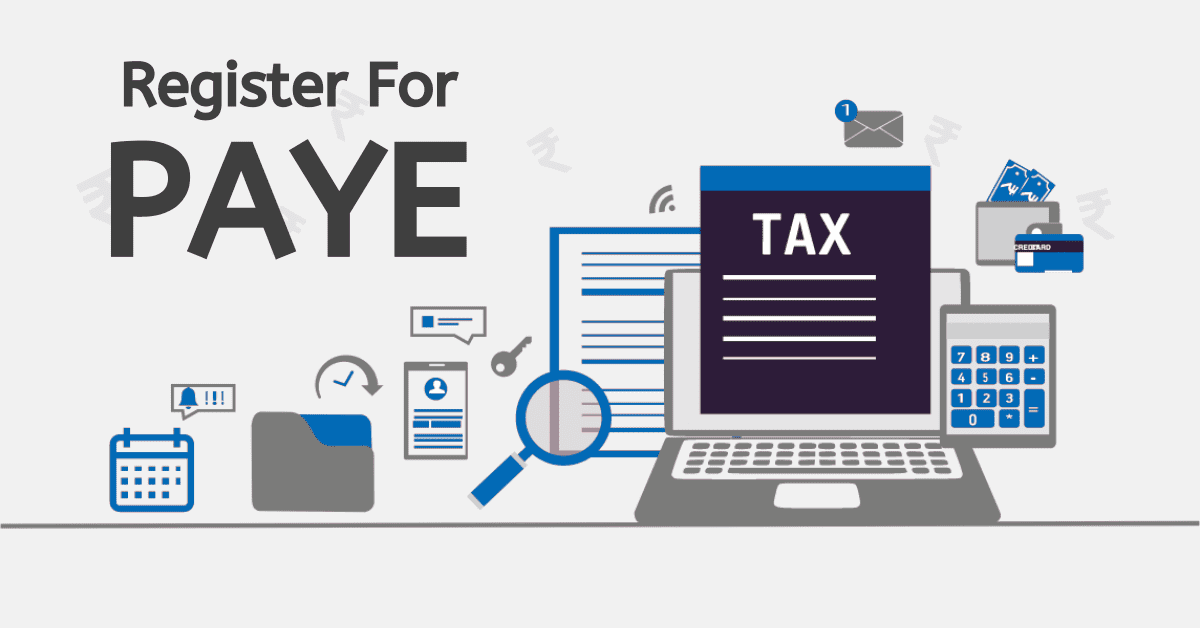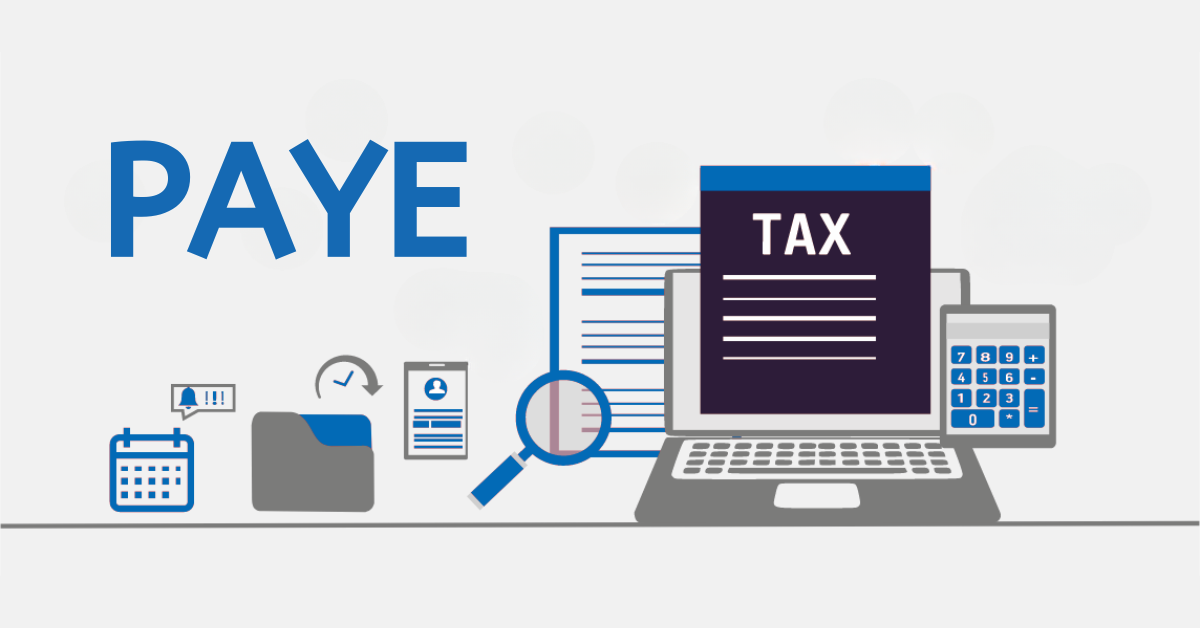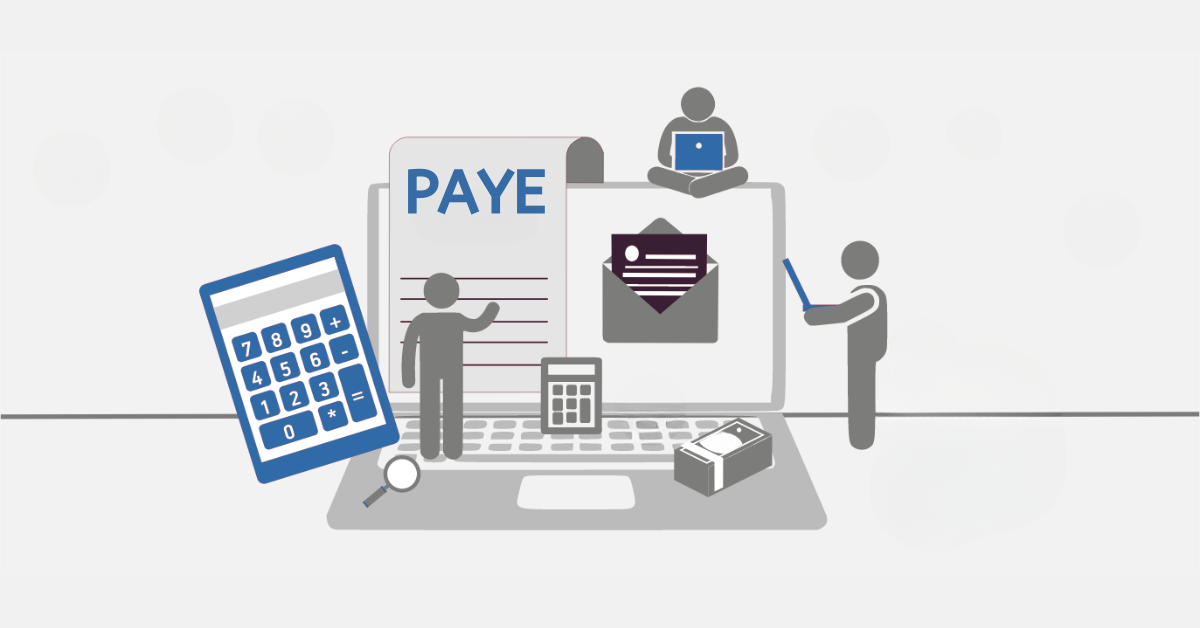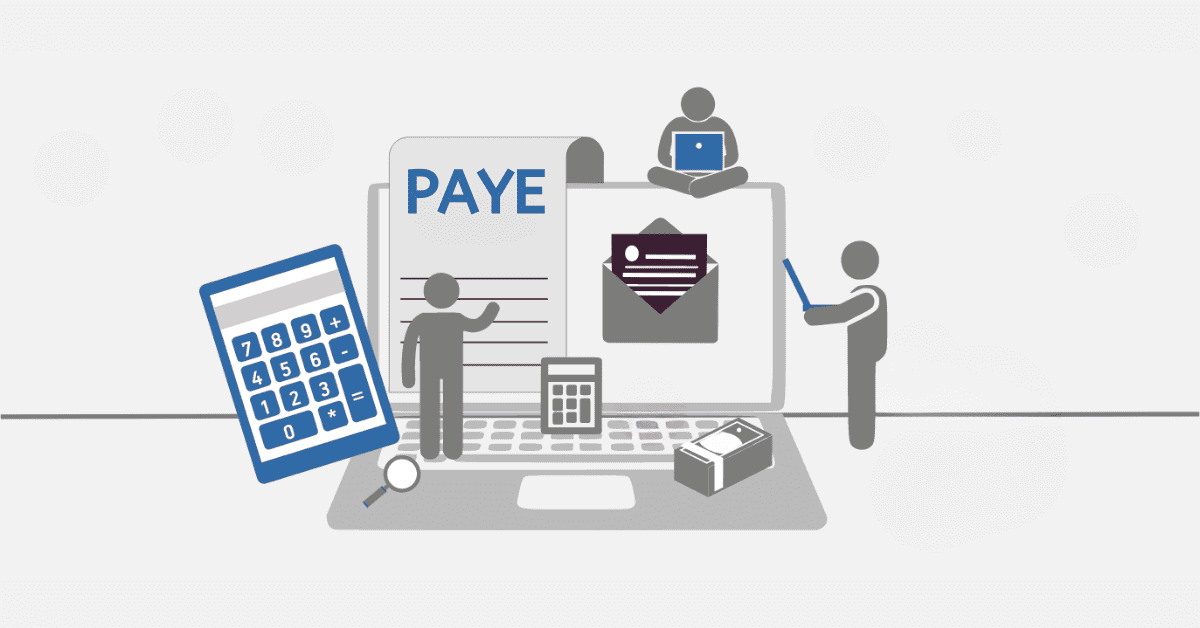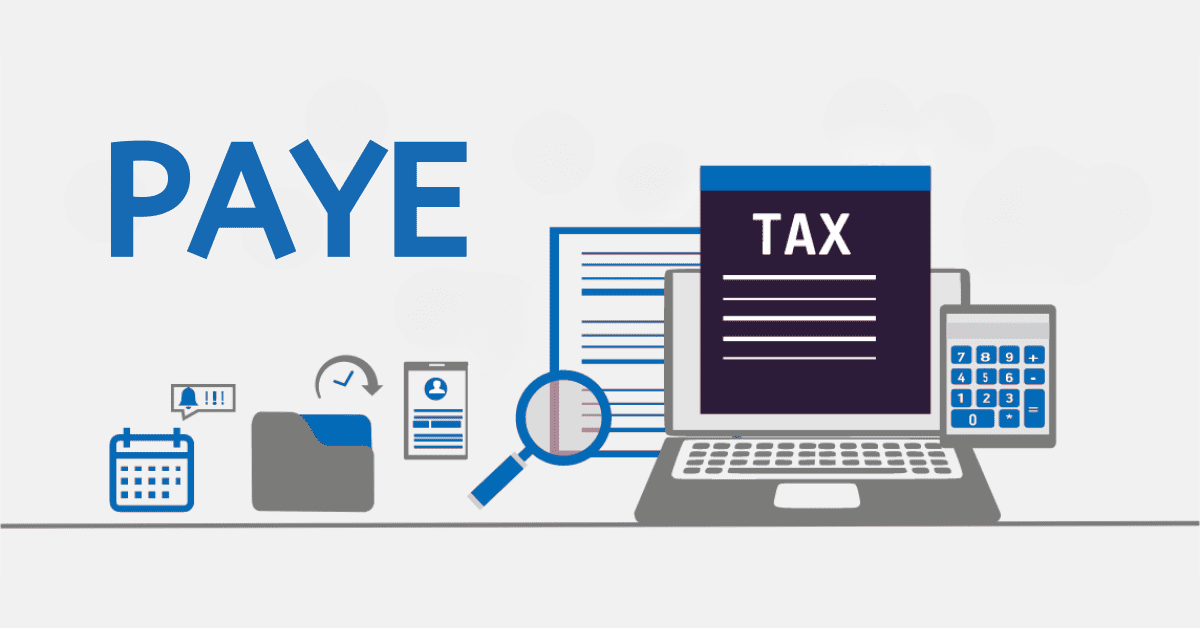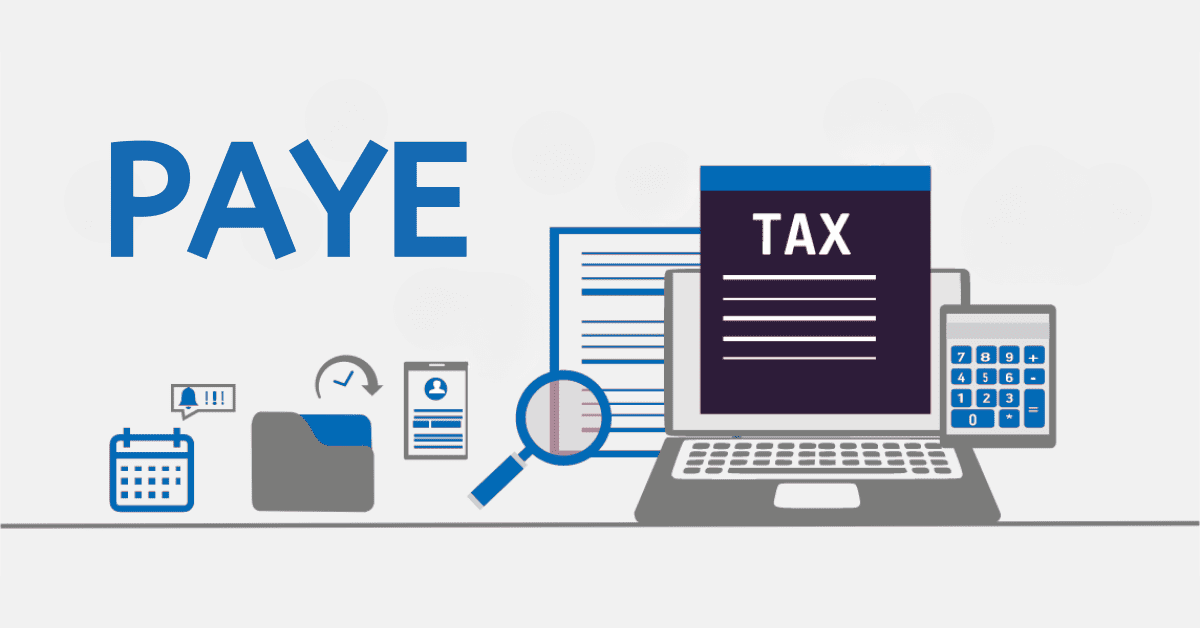All employers must register with the South African Revenue Service (SARS) within 21 days of attaining the status of employer unless there are no employees liable for paying normal tax. No business or employer can evade tax and get away with it. To ensure that you are not on the wrong side of the law, it is important to register and honor your tax obligations to avoid penalties. However, it is possible to pay someone if you’re not registered for Pay-As-You-Earn (PAYE), depending on your circumstances. This article explains everything you want to know about PAYE.
Can I Pay Someone if I’m Not Registered for PAYE?
Although the law compels all employers to register for tax, other people can choose not to register for tax if they do not produce taxable revenue from their operations. When your business generates revenue above the tax threshold, you should register with SARS to pay different forms of taxes, including SARS.
Entities with employees that earn more than that tax threshold must register for PAYE. The employer is responsible for deducting PAYE from their employees’ earnings and remit it to SARS. For instance, the tax threshold for people below 65 years is R6950 per month. If you employ someone and they do not earn taxable income, there may be no need to register for PAYE.
Many individuals in the low-income gap do not pay taxes because their income is below the tax threshold. For example, many farm workers and general workers earn below taxable income in South Africa. If you have such employees in your organization, you can pay them without registering for PAYE. However, employees earning more than the tax threshold must be registered for PAYE.
Is It Compulsory to Register for PAYE?
South African law states that all employers must register with SARS within 21 days of becoming employers. If your employees are not liable for normal taxes, it is not mandatory to register for PAYE. All you need to do is ensure that your company is compliant with other regulations in the country.
If your employees earn taxable income, you need to register for payroll taxes so that you can deduct employee tax from their income. You can register for PAYE on eFiling, and you can use this platform to file tax returns and submit employee taxes to SARS. You can also use the eFiling platform to register for the Unemployment Insurance Fund (UIF) or Skills Development Levy (SDL).
Who Is Eligible to Pay PAYE Tax?
The employer must deduct taxes from an employee who earns income above the taxable threshold. The amount you deduct from the employees must be paid to SARS every month. You need to complete the Monthly Employer return (EMP201) form used by employers to declare the total payment, including the allocation of different taxes such as PAYE, UIF, SDL, and Employment Tax Incentive (ETI) where applicable.
When you complete your EMP201, you will get a unique Payment Reference Number (PRN), which should be quoted when paying taxes. Not all employees are eligible for PAYE. As already noted, only individuals earning taxable income or commission must pay PAYE tax. The individual tax threshold for people below 65 years is R65950 per month. Additionally, these individuals need to work more than 24 hours per month.
SARS uses PAYE tax to generate revenue for the government every month. It does not wait for quarterly or yearly payments like what happens with other forms of taxes. If you operate a business that generates more than R120 per month, you need to submit a Tax Turnover.
The subject of tax is often confusing, so it is a good idea to enlist the services of a professional to handle your tax affairs. In some instances, you can erroneously pay taxes, but the good thing is that you will get a refund in such a situation. Underpaying PAYE taxes can lead to penalties that can affect the viability of your venture. To avoid such scenarios, it is vital to consult tax professionals so that you make informed decisions.
When Must an Employee Be Registered for PAYE?
The tax Act states that all employers must register with SARS within 21 days of attaining that status. If there are no employees who earn taxable income, there is no need to register them for PAYE. However, if workers formerly in the low-income bracket get a pay rise and their income exceeds the tax threshold, the employer must immediately register them.
Failure to register an employee earning taxable income for PAYE is tantamount to tax evasion. This is a serious offence that attracts penalties and interest. To be on the right side of the law, all employees who work for more than 24 hours per month must be registered for PAYE. SARS posts a form with tax information between February and March every year. Therefore, you need to check this information regularly to ensure your business is tax-compliant.
All employers must register their employees for PAYE. They are responsible for deducting PAYE from their employees’ income and paying it to SARS. However, individuals who do not earn taxable income are not liable for registration with SARS. This means that you can pay someone even if you are not registered for PAYE. Ensure that your workers are registered for employment tax so that you do not violate the law.
